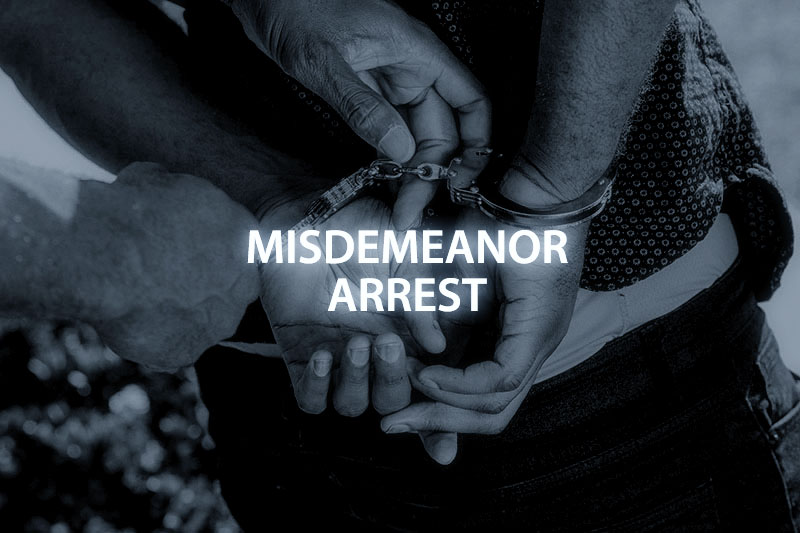In the quest to address and mitigate the cycle of criminal behavior, especially among misdemeanor offenders, California has been at the forefront of exploring alternative measures to traditional incarceration. The emphasis has gradually shifted towards rehabilitation and corrective programs, recognizing the potential of such initiatives to not only serve justice but also to integrate offenders back into society as productive citizens. This blog post delves into the innovative approaches being adopted—namely, diversion programs, counseling, and community service—to curb recidivism and foster positive outcomes.
The Shift Towards Rehabilitation
The criminal justice system has long grappled with the challenge of recidivism, where individuals previously convicted of crimes reoffend, often due to a lack of proper integration support and resources. Recognizing incarceration as a less effective deterrent for misdemeanors, California has increasingly implemented rehabilitation programs aimed at addressing the root causes of criminal behavior, such as substance abuse, mental health issues, and socioeconomic factors.
Diversion Programs: A Second Chance
Diversion programs represent a pivotal shift in handling misdemeanor offenses, offering eligible individuals the opportunity to avoid a criminal record by completing specific program requirements. These programs are especially beneficial for first-time offenders and typically involve:
- Substance Abuse Treatment: For drug-related misdemeanors, offenders may undergo treatment and counseling designed to combat addiction, reducing the likelihood of future drug-related offenses.
- Mental Health Programs: These address underlying mental health issues through counseling and medication management, acknowledging the link between untreated mental health conditions and criminal behavior.
Successful completion of diversion programs can lead to the dismissal of charges, thereby preventing the stigmatizing effects of a criminal record and encouraging personal development and rehabilitation.
Counseling: Addressing Underlying Issues
Counseling forms the cornerstone of many rehabilitation efforts, providing offenders with a platform to address personal issues that may contribute to criminal behavior. This encompasses a wide range of services, including:
- Individual Therapy: Offering a space to work through personal issues with a professional therapist.
- Group Counseling: Facilitating peer support among offenders with similar experiences or challenges.
- Family Therapy: To repair relationships and establish a supportive home environment conducive to reformation.
Through counseling, individuals gain insights into their behavior, develop coping strategies, and receive the emotional support necessary to make positive life changes.
Community Service: Restorative Justice in Action
Community service offers misdemeanants a way to give back to society, fostering a sense of responsibility and accountability. This alternative sanction allows offenders to maintain their daily routines, such as work and family commitments, while contributing positively to their communities. Projects often relate to:
- Environmental Conservation: Clean-up activities, tree planting, and maintenance of public parks.
- Social Services: Assisting in homeless shelters, food banks, or senior centers.
Engagement in community service not only benefits society but also instills a work ethic and pride in constructive accomplishments, reinforcing pro-social behavior among offenders.
The Impact on Recidivism
The effectiveness of these programs in reducing recidivism hinges on their ability to transform lives. By addressing the root causes of criminal behavior, providing support and resources, and integrating offenders back into society, these rehabilitation initiatives have shown promising results. Studies indicate that participants in diversion programs, for example, demonstrate lower rates of reoffending compared to those who undergo traditional sentencing.
Contact Attorney Caryn Warren for Help!
California’s shift towards rehabilitation over incarceration for misdemeanor offenders marks a progressive step in the criminal justice system. Diversion programs, counseling, and community service not only serve punitive purposes but also play a crucial role in preventing recidivism by equipping individuals with the tools and support needed for positive change. As these programs continue to evolve and expand, their potential to transform lives and reduce the burden on the criminal justice system becomes increasingly evident, paving the way for a more rehabilitative and restorative approach to justice.
Personal Injury & Criminal Defense Services Available Throughout
Greater Sacramento, Yolo, Placer, and Solano Counties
Antelope, Arden-Arcade, Auburn, Benicia, Carmichael, Citrus Heights, Davis, Dixon, Elk Grove, Fairfield, Fair Oaks, Folsom, Galt, Gold River, Granite Bay, Iselton, Lincoln, Loomis, North Highlands, Orangevale, Rancho Cordova, Rio Linda, Rio Vista, Roseville, Rocklin, Sacramento, Suisun City, Vacaville, Vallejo, West Sacramento, Winters, Woodland

